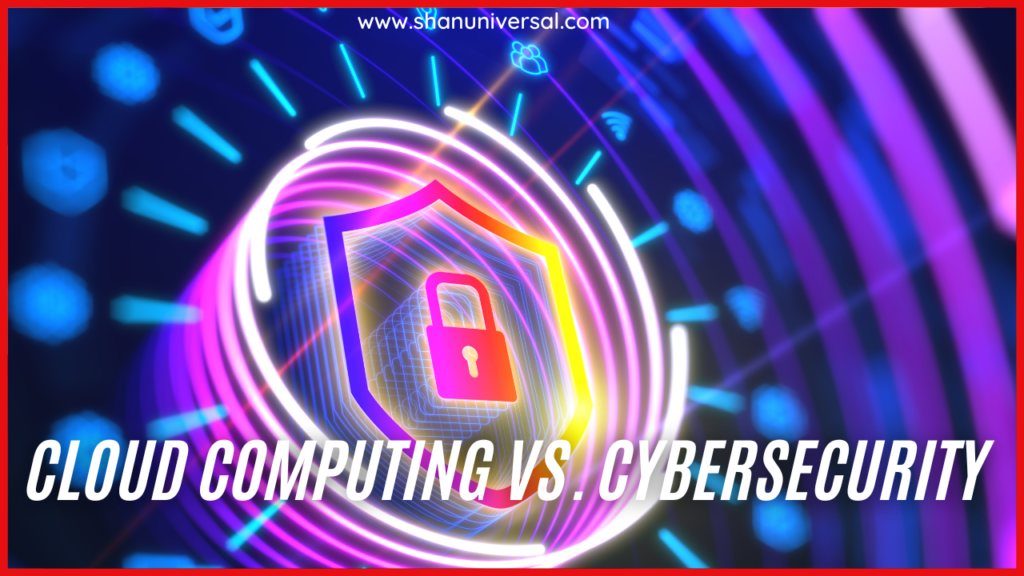Best Programming Language for Cyber Security
In the constantly evolving world of security for cyber, understanding the appropriate programming languages is vital. If you re protecting your systems from threats as well as conducting penetration testing, understanding the accurate programming language for cyber security can greatly enhance your efficiency. This article outlines the best cybersecurity programming languages application, their pros and cons, as well as provides answers to often asked queries Best Programming Language for Cyber Security.
The reason why programming Languages are important in Cyber Security
Programming languages are the core for cyber-security. They let professionals create scripts, automate tasks analysis of data, and design tools to secure systems. Learning these languages can help in identifying security weaknesses, creating security-conscious code, as well as reacting to emergencies quickly.
The Top Software programming Languages used for Cyber Security
Python
Pros:
-Easy to master and versatile
-A vast library of cyber security libraries
-Strong community Support for the community
Cons:
-The execution is slower compared to compile languages
Applications:
-Automatizing security tasks
-The development of security tools
-Analyzing malware
Python is widely considered to be one of the accurate computer programming language because of its ease of use and robust libraries. It is utilized to automate tasks, develop security tools, as well as analyzing threats.
JavaScript
Pros:
-Important for security on the web.
-Widely employed in web development
Cons:
-At risk of attacks on the client side
Applications:
-Preventing cross-site scripting (XSS) attacks
-Secure web applications
JavaScript is vital to secure web applications. It assists in preventing the cross-site scripting (XSS) attacks and also in securing websites.
SQL
Pros:
-Important for managing databases
-Powerful querying capabilities
Cons:
-Vulnerable to SQL injection attacks
Applications:
-Monitoring and securing databases
-Preventing SQL injection attacks
SQL is crucial in securing and managing databases. Knowing SQL assists in stopping SQL injections, which are a frequent threat to cyber security.
Bash
Pros:
-Strong scripting capabilities
-Essential for Unix/Linux systems
Cons:
-Only available access to Unix/Linux environments
Applications:
-Tasks that can be automated on Unix/Linux systems
-Writing scripts to manage systems
Bash is an essential part of Linux and Unix systems. It is utilized to automate tasks and write scripts to manage the system.
PowerShell
Pros:-
-Effective scripting tools for Windows
-Integration with Windows systems
Cons:
-Limited access to Windows environments
Applications:
-Automation of tasks in Windows systems
-Managing Windows environments
PowerShell is a scripting language that is compatible with Windows systems. It can be used for automating tasks as well as managing Windows settings five.
Java
Pros:
-Cross-platform capabilities
-Secure features with strong security
Cons:
-More complicated syntax
Applications:
-Designing secure applications
-Implementing security protocols
Java is a popular choice due to its cross-platform capabilities as well as strong security features. It is utilized to develop secure applications as well as implementation of the security protocol 6..
Ruby
Pros:
-A simple and sophisticated syntax
-Strong community and support
Cons:
-The execution is slower when compared to other languages
Applications:
-Security scripts are written to be used for writing
-The development of security tools
Ruby is loved because of its elegant and simple syntax. It is employed to write security scripts as well as creating security tools.
Learning Multiple Programming Languages
Pros:
• Ability to handle a variety of tasks
• A better understanding of the various systems
• Job opportunities are increasing
Cons:
• It can be time-consuming to master different languages
• Possibility of confusion between the syntax
The ability to learn many different programming languages could help you be more versatile and boost the chances of getting a job. However, it is long-lasting and can cause confusion between various syntaxes.
FAQs
Q: Do I have to master all of these programming languages to ensure Cyber security?
A: No, you do not have to be proficient in every one of them. mindfulness on the languages that are relevant to the specific job you play in cybersecurity.
Q: Does Python one of the perfect programing language to novices on cyber-security?
A: Absolutely, Python is frequently recommended to beginners because of its ease of use and large libraries.
Q: How can I be successful in cyber security without having any programming language?
A: Although it is possible to begin in entry-level positions without any programming experience, acquiring programming languages is necessary for progressing within the industry.
The career prospects for cybersecurity professionals are extremely promising and will continue to increase as demand for experts with the right knowledge increases.
Here are some of the most important facts about the employment market in this area:
High Demand
• Growing Cyber Threats With the increasing number of data breaches and cyber attacks businesses invest more money in cybersecurity to safeguard their assets.
• Legal Requirements Conformity with laws such as GDPR, HIPAA, and others requires a robust security measure for cyberspace which is driving the need for experts.
Diverse Career Opportunities
• Specializations and Roles: There are many jobs such as Security Analyst Security Consultant, Penetration Tester Incident Responder, and many more.
• Industries Security professionals in cyberspace are in high demand across diverse industries, including finance healthcare government, and technology.
Competitive Salaries
• Attractive Compensation Security roles in cyberspace typically have competitive pay and benefits because of the special abilities needed.
• Development Potential When you acquire knowledge and experience your earning potential will dramatically boost.
Profession Development and Growth
• Continuous learning: The field of cybersecurity is constantly evolving and offers continuous learning opportunities by obtaining accreditations as well as advanced levels.
• Leadership Roles Professionals with experience can rise into leadership roles such like chief information Security Officer (CISO).
Remote Work Opportunities
• Flexible: A variety of cyber security jobs allow remote work, allowing flexibility and a work life balance.
Conclusion
The choice of the desirable programming language for cyber security is dependent on your particular requirements as well as your job goals. Python, JavaScript, SQL, Bash, PowerShell, Java and Ruby each have their own advantages and are used extensively for their respective fields.


